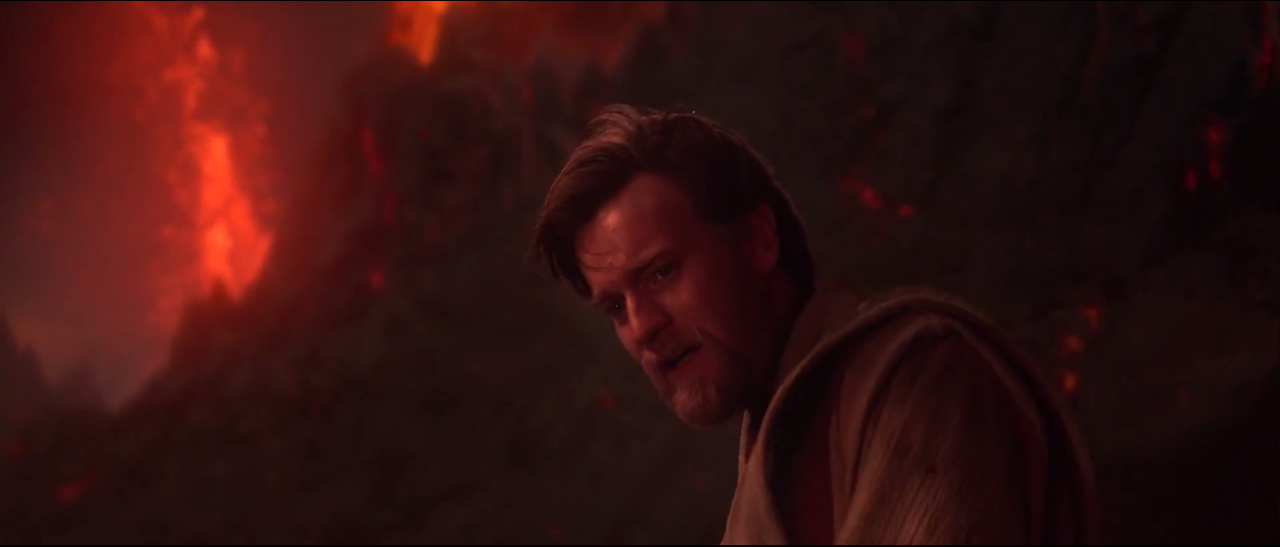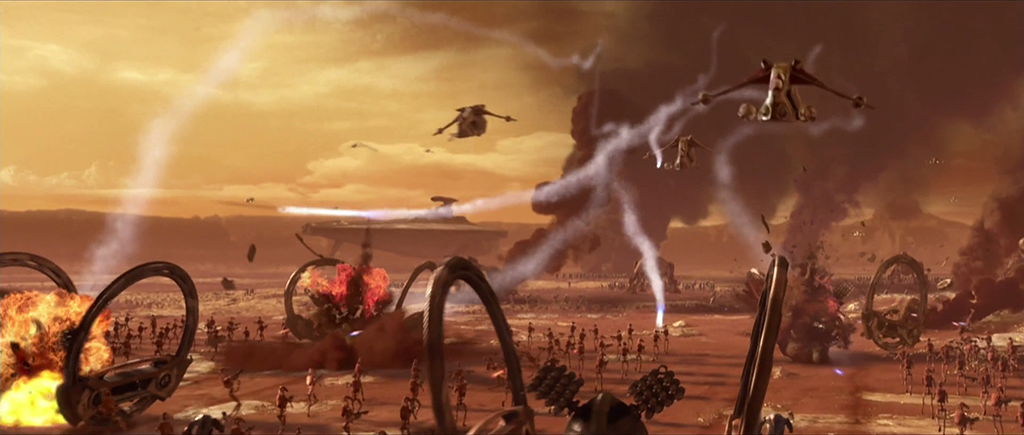
“Don’t read the comments”—that’s what people are always telling you about the internet, right? That being the case, I have to say that I’m enormously proud of the comments we get here at Eleven-ThirtyEight; even when there are disagreements, they tend to resolve amicably, and input from our audience often results in a deeper understanding and appreciation of the topic in question for all involved.
A couple weeks back, we published a guest piece from Andrew Berg called Star Wars and the Myth of Redemptive Violence, which considered, put simply, whether Star Wars as a franchise was contributing to (or in opposition to) the Western cultural obsession with violence as a just solution. As the days after the piece went on, a discussion continued between Andrew and two longtime ETE commenters—Eric Brown, an occasional guest writer himself, and John Maurer. I find this topic fascinating my own self, and so robust and interesting was their exchange that I eventually sought, and was given, their approval to republish the whole thing as a new piece in its own right.
This piece will also function as a special extension of the conversation if anyone else wants to weigh in further; due to an issue we used to have with spambots, I had to disable comments on pieces older than two weeks, meaning that the original is now closed for good. Here’s to continuing this excellent line of discourse. – Mike, EIC Read More


